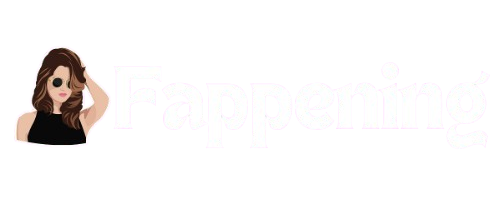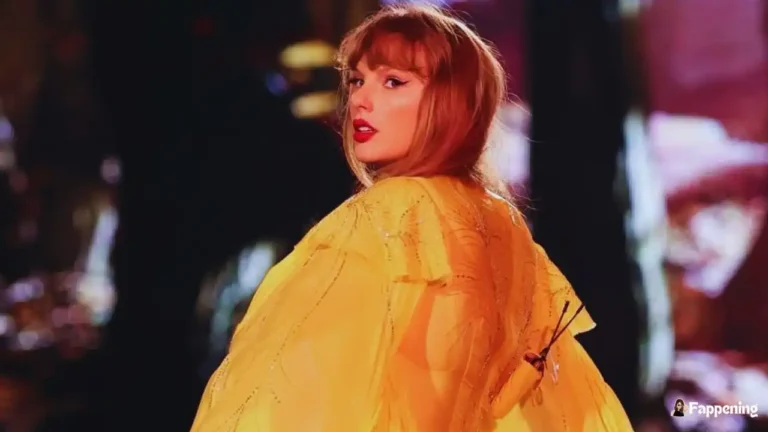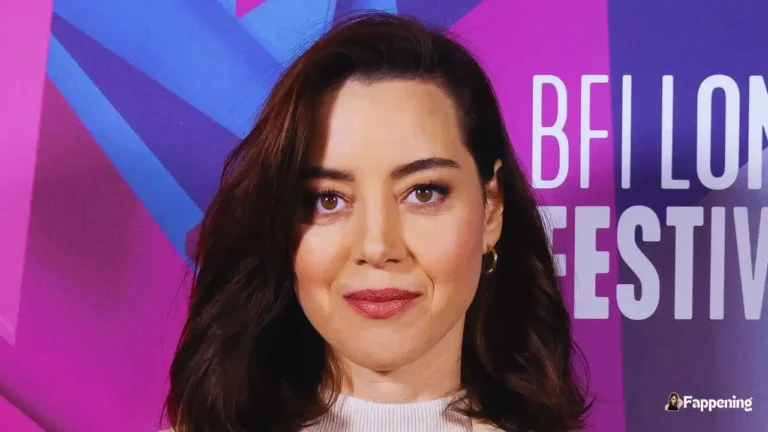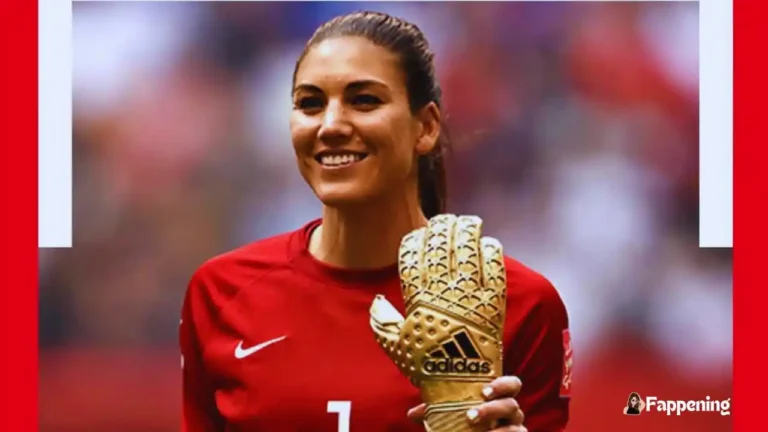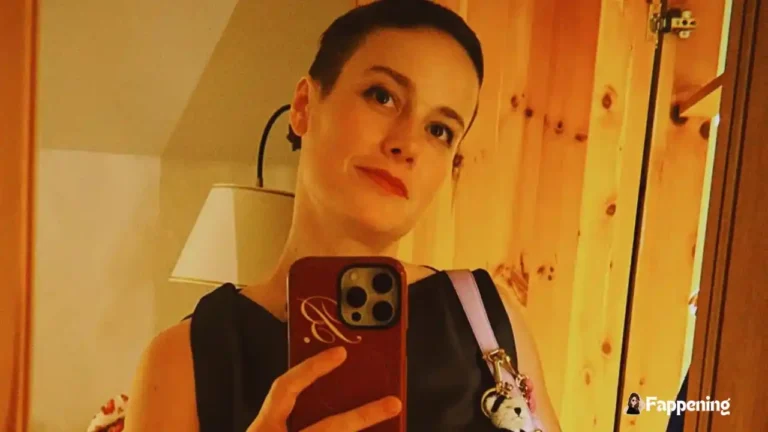Ariana Grande Fappening: What Really Happened?
Introduction to Ariana Grande Fappening
The Ariana Grande Fappening controversy has been a topic of discussion among internet users, raising curiosity and speculation. Many people have come across misleading information related to this incident, making it essential to separate fact from fiction.
This controversy gained attention due to the larger trend of “The Fappening,” a term linked to unauthorized content circulation involving celebrities. As Ariana Grande is one of the biggest pop stars in the world, her name being associated with this phenomenon fueled viral discussions.
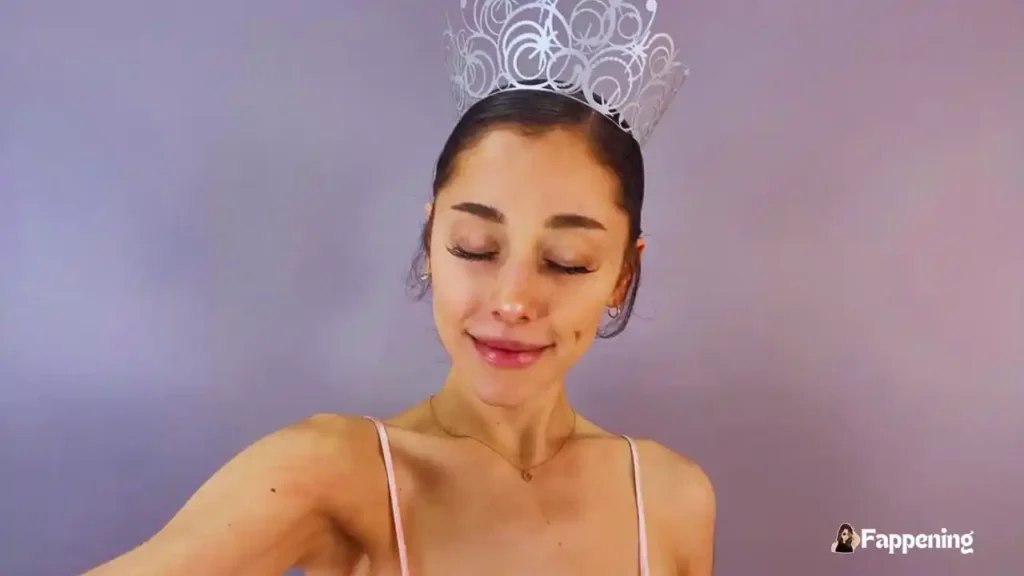
However, much of the information circulating online is exaggerated, misleading, or completely false. This article dives deep into what really happened, how Ariana Grande’s name got involved, and why such incidents continue to spread online.
Check Out Also: Alexandra Daddario Fappening Moments
Understanding “The Fappening” Phenomenon
What is “The Fappening” and How Did It Start?
The term “The Fappening” first emerged in 2014, when a major leak of private celebrity content surfaced online. It involved numerous high-profile celebrities and was widely shared across forums, social media platforms, and various websites.
This large-scale incident raised serious concerns about online privacy and digital security, sparking debates on ethics, hacking, and legal consequences. Over time, similar incidents occurred, leading to many celebrities being falsely linked to this phenomenon.
Previous Celebrity Incidents Linked to “The Fappening”
Since the original Fappening incident, various names have been dragged into similar controversies—sometimes with real leaks, but often as part of clickbait-driven misinformation. Some key patterns observed in such cases include:
- Misleading headlines using a celebrity’s name to attract views.
- Fake claims and edited content being circulated online.
- Social media trends amplifying rumors without verification.
How Ariana Grande’s Name Got Associated with It
Despite no real evidence, Ariana Grande’s name started appearing in connection with “The Fappening” due to:
- The trend of including high-profile names in misleading rumors.
- Clickbait articles and videos falsely associating her with the controversy.
- The rise of search terms like “Ariana Grande leaked fappening”, which fueled further speculation.
In reality, there is no verified involvement of Ariana Grande in any Fappening-related incident. The association is primarily driven by internet rumors and deceptive content aimed at capitalizing on trending topics.
Explore: Kaley Cuoco Fappening
Ariana Grande and The Fappening: The Truth

Debunking Myths About Ariana Grande The Fappening
One of the biggest misconceptions about Ariana Grande and The Fappening is that she was directly involved in the infamous incident. However, this claim is entirely false and has no credible sources backing it.
Despite various online rumors and misleading content, Ariana Grande has never been a part of any verified leaks. The connection between her name and The Fappening exists primarily due to internet speculation, clickbait-driven content, and users searching for trending terms without verification.
Was Ariana Grande Actually Involved?
No, Ariana Grande was never involved in The Fappening. There has been no confirmed data breach or leak related to her. The spread of her name in this context is purely based on misinformation and false reports.
Many online users fall into the trap of trusting unverified sources or misinterpreting social media trends, leading to the continued spread of these baseless claims.
Clarifying Misinformation and False Reports
The rise of search terms like “ariana grande leaked fappening” does not indicate the existence of any real event. Instead, it highlights the way false narratives can gain traction online due to:
- Sensationalized headlines created to attract traffic.
- Social media discussions where misinformation spreads quickly.
- Manipulated or altered content used to deceive audiences.
Ariana Grande herself has never acknowledged or responded to these rumors, further proving that they hold no real credibility.
Know more: Hope Solo Fappening
How Such Incidents Spread Online

Role of Social Media in Amplifying Rumors
In today’s digital age, social media plays a massive role in the rapid spread of rumors and misinformation. Platforms like Twitter, Reddit, and forums often amplify false claims, making them appear more legitimate than they actually are.
Factors that contribute to the spread include:
- Viral hashtags that attract mass engagement.
- Influencers or fan pages unknowingly sharing unverified news.
- The speed of information spread, making it difficult to fact-check instantly.
The Impact of Clickbait Titles and Misleading Content
Many websites and YouTube channels use misleading headlines to generate traffic, even when the content itself has no real connection to the claim.
Common clickbait tactics include:
- Using celebrity names to boost search rankings.
- Framing rumors as facts to keep users engaged.
- Editing images or videos to deceive audiences.
Must Visit: Fappening Plus Updates
Why “Ariana Grande Leaked Fappening” Became a Searched Term
Even though no actual leak occurred, the search term “ariana grande leaked fappening” gained traction because of:
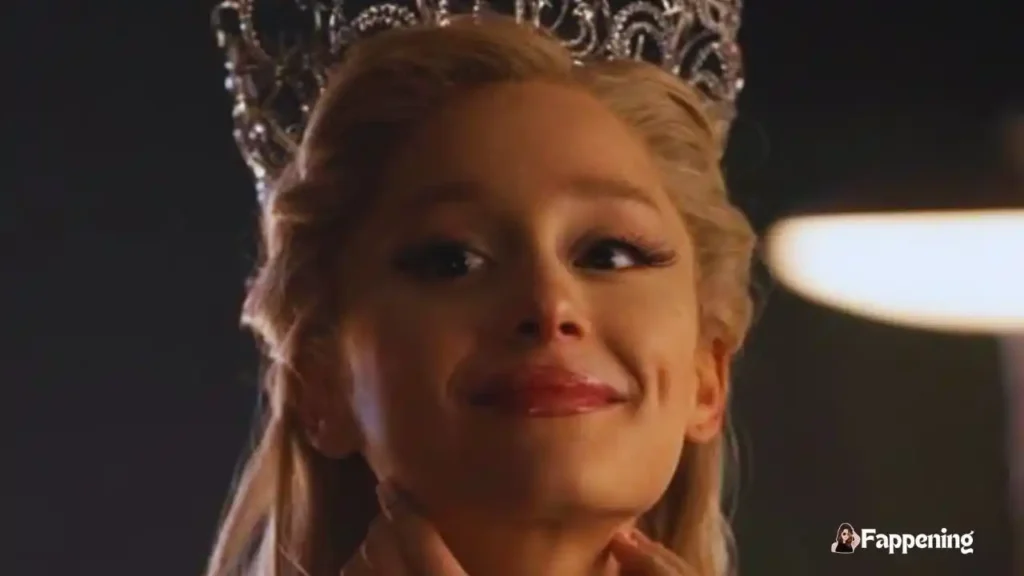
- Curiosity-driven searches by users who saw misleading posts.
- SEO manipulation by content creators aiming to rank higher.
- The general association of celebrities with The Fappening, causing automatic assumptions.
In reality, the term exists only due to misinformation, and there is no real incident backing it up.
Public Reaction and Media Response
How Fans and the Public Responded
When Ariana Grande’s name started appearing in connection with The Fappening, reactions were mixed. Her fans quickly dismissed the rumors, emphasizing the importance of privacy and calling out misinformation. However, curiosity-driven searches led some internet users to spread false claims, unknowingly fueling the controversy.
Key public reactions included:
- Ariana’s fanbase defended her, labeling the rumors as false and harmful.
- Casual internet users engaged in speculation, unaware of the truth.
- Some media outlets capitalized on the controversy, further amplifying the issue.
Statements from Ariana Grande or Her Representatives
Unlike some celebrities who have addressed similar situations, Ariana Grande has never made any official statement regarding The Fappening. This silence suggests that she and her team view the controversy as baseless and unworthy of response.
By not addressing the rumors, Ariana avoided giving them more attention, letting the misinformation die out over time.
Influence on Her Image and Career
Despite the controversy, Ariana Grande’s career remained unaffected. The rumors did not impact her reputation because:
- There was no credible evidence supporting the claims.
- Her strong fanbase focused on her music and achievements rather than online gossip.
- Media attention quickly shifted back to her professional work.
This incident highlights how misinformation can spread but doesn’t always have lasting consequences, especially when no real evidence exists.
Read now: Emma Watson Fappening
The Legal and Ethical Implications
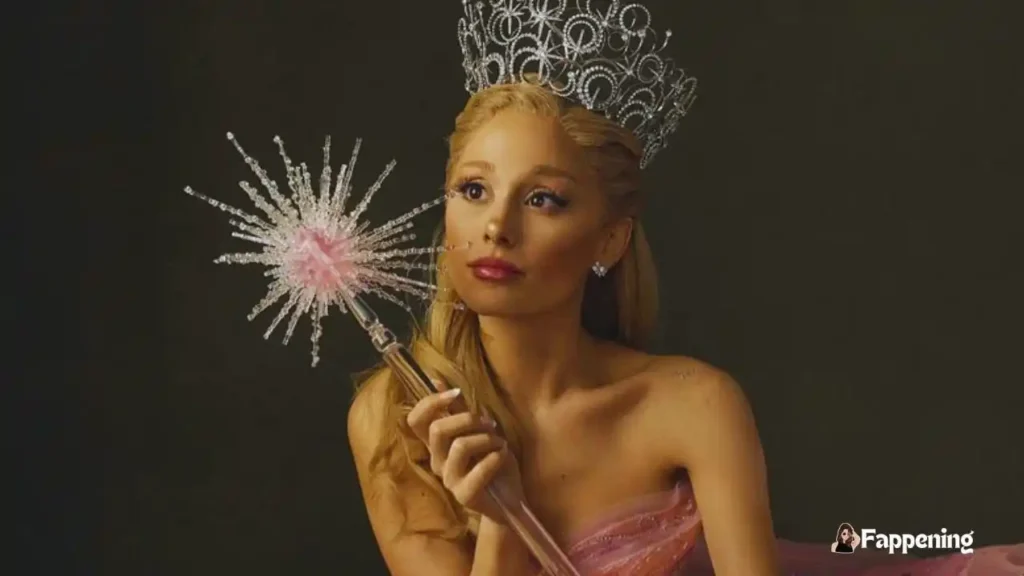
Cybersecurity Concerns and Celebrity Privacy Violations
The Fappening incident raised significant concerns about digital privacy and cybersecurity. Even though Ariana Grande was never actually involved, the situation serves as a reminder that:
- Hackers and malicious actors often target celebrities.
- Fake news and misinformation can damage reputations.
- Public figures must take extra cybersecurity precautions to protect their privacy.
Legal Actions Against Leaks and False Allegations
In past incidents, celebrities have taken legal action against individuals and platforms that spread false or unauthorized content. Laws regarding:
- Cybercrime and hacking hold individuals accountable for privacy breaches.
- Defamation laws allow public figures to sue for false accusations.
- Platform regulations are increasingly targeting websites that spread fake or harmful content.
Although Ariana Grande did not need to take legal action in this case, the presence of strict digital privacy laws discourages future misinformation.
The Ethics of Consuming and Spreading Such Content
Spreading false or misleading claims about celebrities raises ethical concerns, including:
- Respect for personal privacy – Public figures deserve digital security just like anyone else.
- The responsibility of media consumers – Verifying facts before sharing rumors helps reduce misinformation.
- Holding social media platforms accountable – Platforms should take action against fake news and unethical content.
Ultimately, media literacy and ethical responsibility are crucial in preventing false controversies from gaining traction.
How to Identify Fake News and Misinformation
Tips to Verify Online News and Trending Controversies
In the digital age, misinformation spreads quickly, making it essential to fact-check before believing or sharing any news. Here are some effective ways to identify fake news:
- Check Reliable Sources – Trust only reputable news websites instead of random blogs or social media posts.
- Look for Official Statements – If a celebrity is involved in a major controversy, their representatives or verified media outlets will usually address it.
- Analyze the Source – Question the credibility of the website publishing the news. Does it have a history of spreading clickbait or false information?
- Search for Evidence – If no actual proof exists beyond rumors, the news is likely false.
- Avoid Emotional Manipulation – Sensationalized headlines often exaggerate stories to gain clicks.
Responsible Media Consumption and Privacy Awareness
As internet users, it’s important to be responsible when consuming and sharing content. Here’s how:
- Think Before You Share – Don’t spread unverified information, as it can harm reputations.
- Respect Digital Privacy – Celebrities deserve the same privacy rights as everyone else.
- Report Misinformation – Many social media platforms allow users to flag false news and misleading content.
By promoting responsible media habits, we can help prevent misinformation from gaining traction.
FAQs
1. Was Ariana Grande actually involved in The Fappening?
No, Ariana Grande was never involved in The Fappening. The rumors linking her to this controversy are completely false and fueled by misinformation and misleading search trends.
2. Why is Ariana Grande’s name associated with The Fappening?
Her name appears in connection with The Fappening due to clickbait tactics, internet speculation, and SEO-driven search trends. Many websites use celebrity names to attract traffic, even if there is no actual event linked to them.
3. How do false rumors like this spread online?
Misinformation spreads through social media, misleading headlines, and viral discussions. People often share content without verifying its authenticity, leading to the amplification of false claims.
4. What should I do if I see fake news about a celebrity?
If you come across misleading or false news, you should:
Verify the information from reliable sources.
Avoid sharing unverified content that could spread misinformation.
Report the false content on social media platforms to prevent further distribution.
5. How can I protect myself from misinformation online?
Always fact-check news from multiple sources.
Be cautious of clickbait headlines and exaggerated claims.
Follow trusted media outlets instead of unreliable websites.
Conclusion
To summarize, Ariana Grande was never involved in The Fappening. The rumors associating her with the controversy were purely fabricated and fueled by internet speculation. Despite trending search terms, no real event ever took place involving her.
Importance of Respecting Privacy and Avoiding Misinformation
This situation highlights the dangers of fake news and unethical content-sharing. Spreading baseless rumors about public figures not only misleads audiences but also violates personal privacy.
Final Thoughts on Digital Responsibility
Misinformation thrives when users fail to verify facts. By practicing critical thinking and ethical content-sharing, we can reduce the spread of false claims and create a more responsible digital space.
